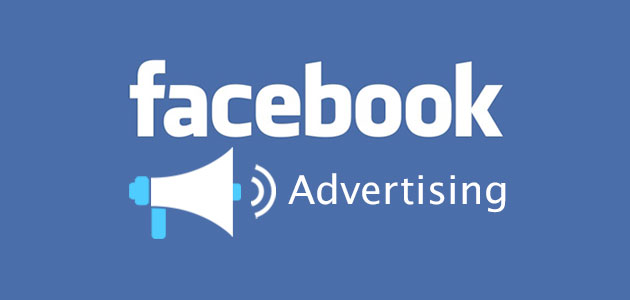The definition of “watching TV” largely consists of one browsing Facebook with a show or movie playing in the background. Face it. We are all guilty of the half ass attempt of trying to watch something and then 10 minutes later rewinding to try to make sense of it all. Well, American politicians and their media teams are finally catching onto us.

Candidates during the Republican Party Debate, aka GOP Debate, used Facebook’s new real-time advertising to target audiences live during the debate. As of August, Facebook offers accelerated delivery to advertisers wishing to capitalize on real time events. In this case, candidate staffers used these ads to reinforce the speaker’s messages to Facebook users.
This real time advertising is certainly an exceptional way of creating more engagement with users. There is always a demand to have the latest news and most up to date information. Instead of going to Twitter, users may instead stay on Facebook if they are receiving up to the minute information from content like advertisements. There is really no other better suited platform than Facebook given the platforms in depth targeting features allowing content creators to deliver messages to the most relevant consumers. Not only can creators target these ads, but Facebook’s algorithm also pushes ads to your feed depending on keywords on your profile and content you have engaged with you.

As a marketer, the possibility of real time adaptive social media is incredibly intriguing. One click can completely morph the landscape of a single page and how a consumer behaves. However, as a consumer this type of targeting and monitoring is a little frightening. How much control of our news feeds do we really have? If anything, it might be more important than ever before to be careful about what you talk about and like on Facebook. A small joke or misused hashtag may create larger changes in suggested content than previously.
Fun fact – It is expected that candidates during the American election will spend upwards of $1,000,000,000 (one billion dollars) on digital marketing.